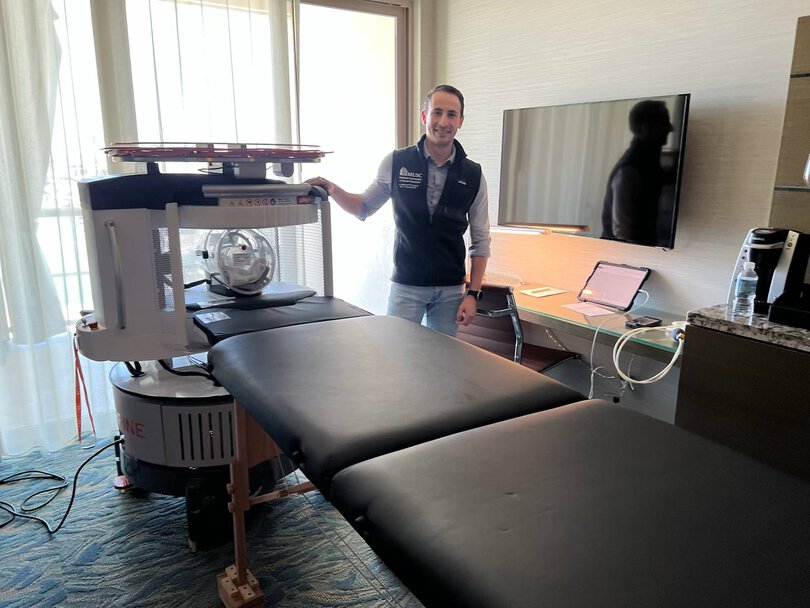Our Faculty
Mark J Rosenberg, M.D. - Neurology, Program Director
Donna R. Roberts, M.D. - Neuro-radiology, Neurology, Deputy Chief Scientist, ISS National Labs
Jonathan Edwards, M.D. - Neurology, Clinical Neurophysiology
Sami Al Kasab, M.D. - Neuro-endovascular surgery and Neurology
Jonathan Clark, M.D. - Neurology, Aerospace MedicineA djunct Faculty, NASA
William R. Hoffman, M.D.- Neurology, Adjunct Faculty, United States Air Force
Jake Hall, M.D.- Dermatology, Adjunct Faculty, United States Air Force
Paul DiTuro, M.S.- Researcher, Human Performance, Military Operations, Adjunct Faculty
Davis Moore, Ph.D.- Researcher, Human Performance, Neuroscience, Adjunct Faculty, University of South Carolina
Shawn Arent, Ph.D.- Researcher, Human Performance, Adjunct Faculty, University of South Carolina. Chair, Department of Exercise Science
Ekrem Kutluay, M.D. – Neurology, Clinical Neurophysiology
Frederico Rodriguez-Porcel, M.D. – Neurology, Neurocognitive, Movement Disorders
Habib Rizk, M.D. – Otolaryngology, Neuro-otology
Our Research Assistants
Andrew Taylow
Lead Research Assistant
Joseph Tidwell
Student Research Assistant
FLEX Cohort


